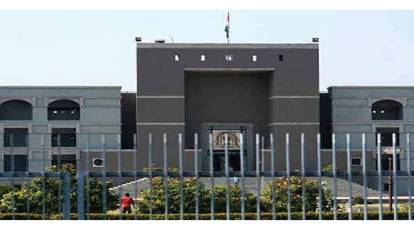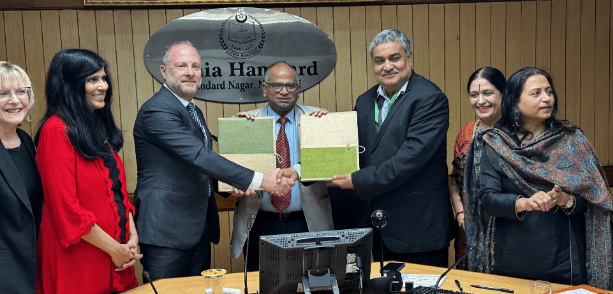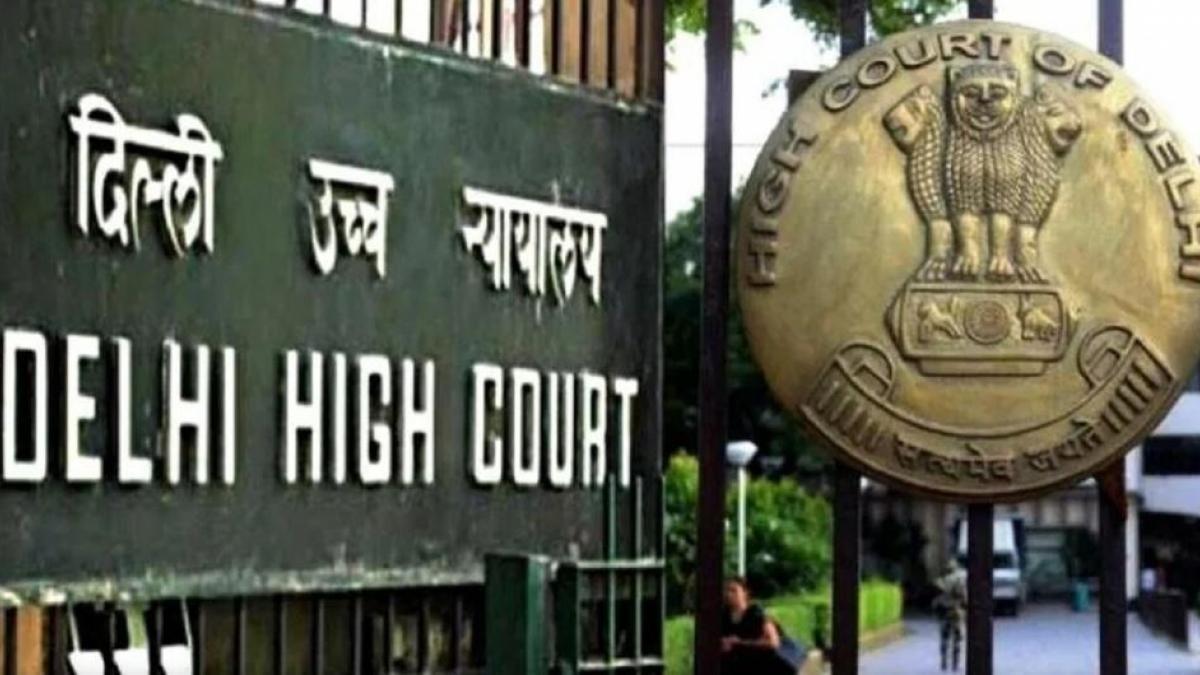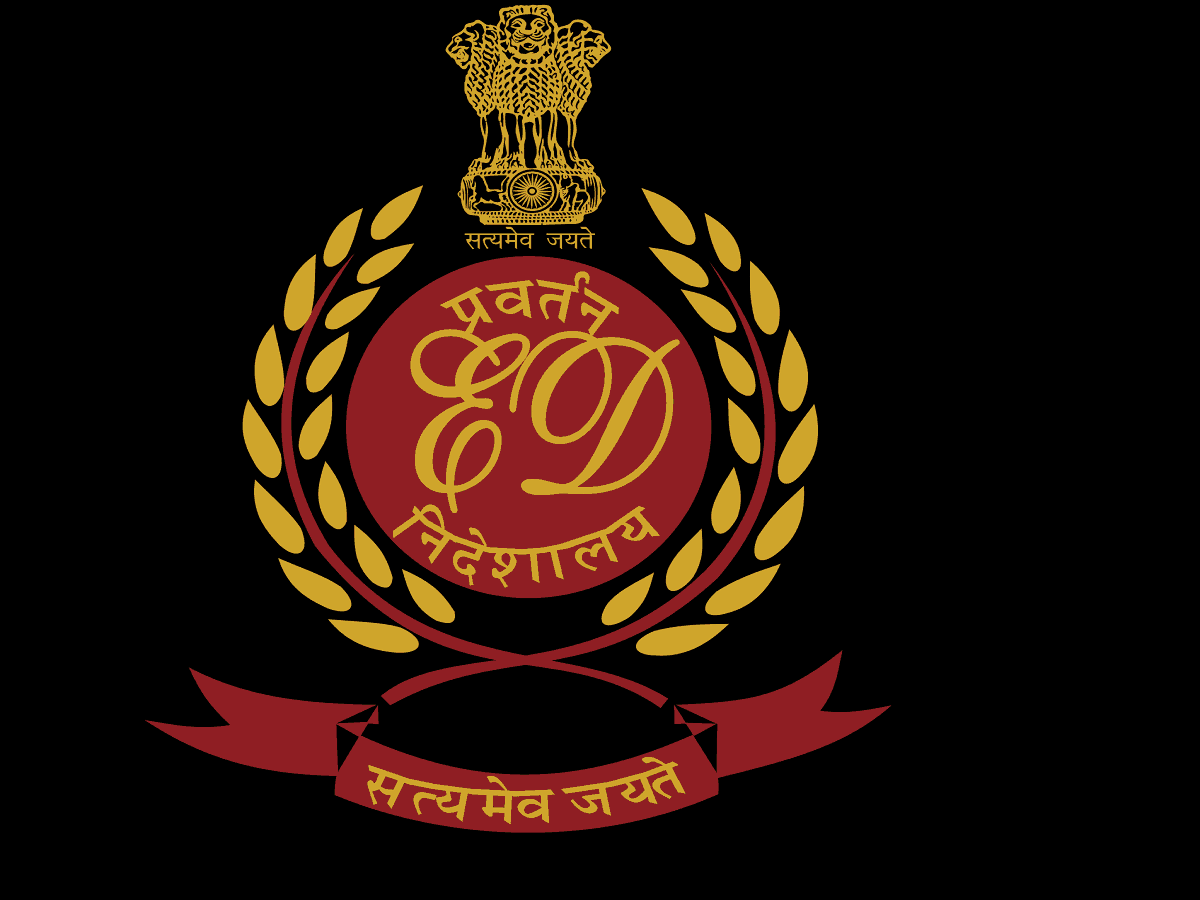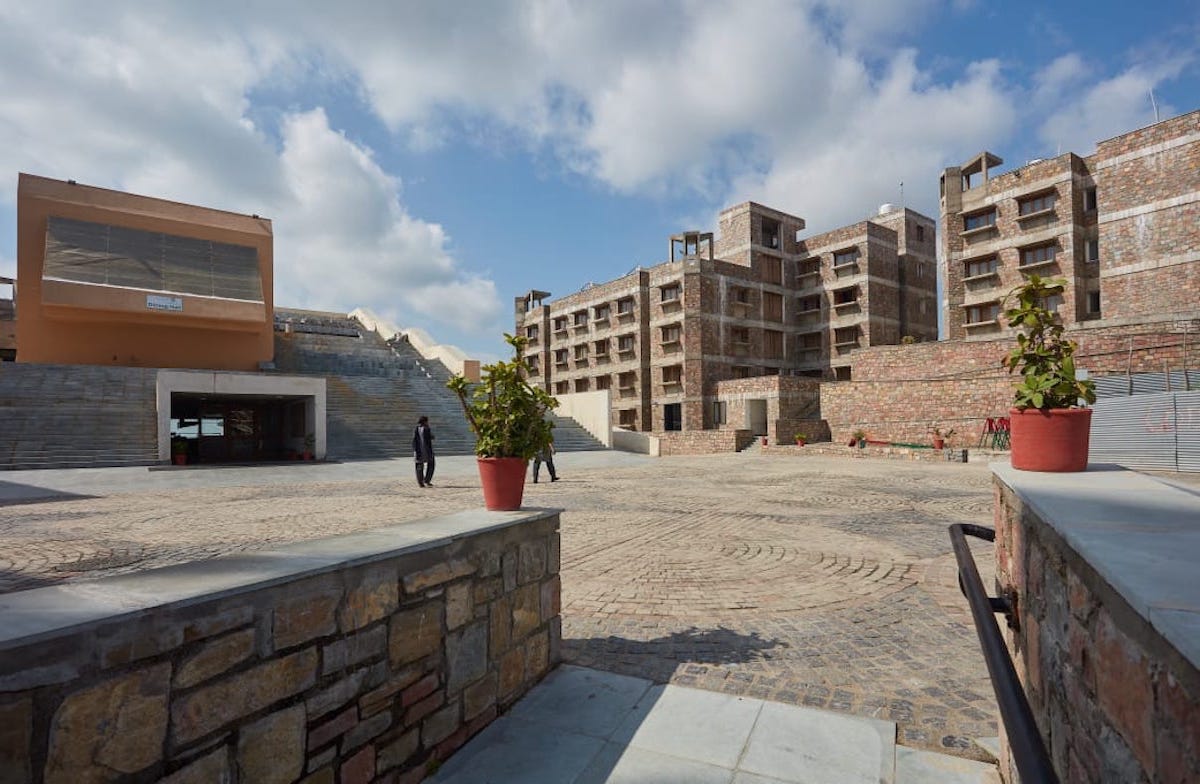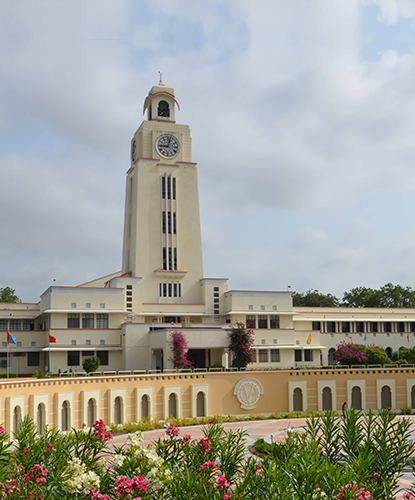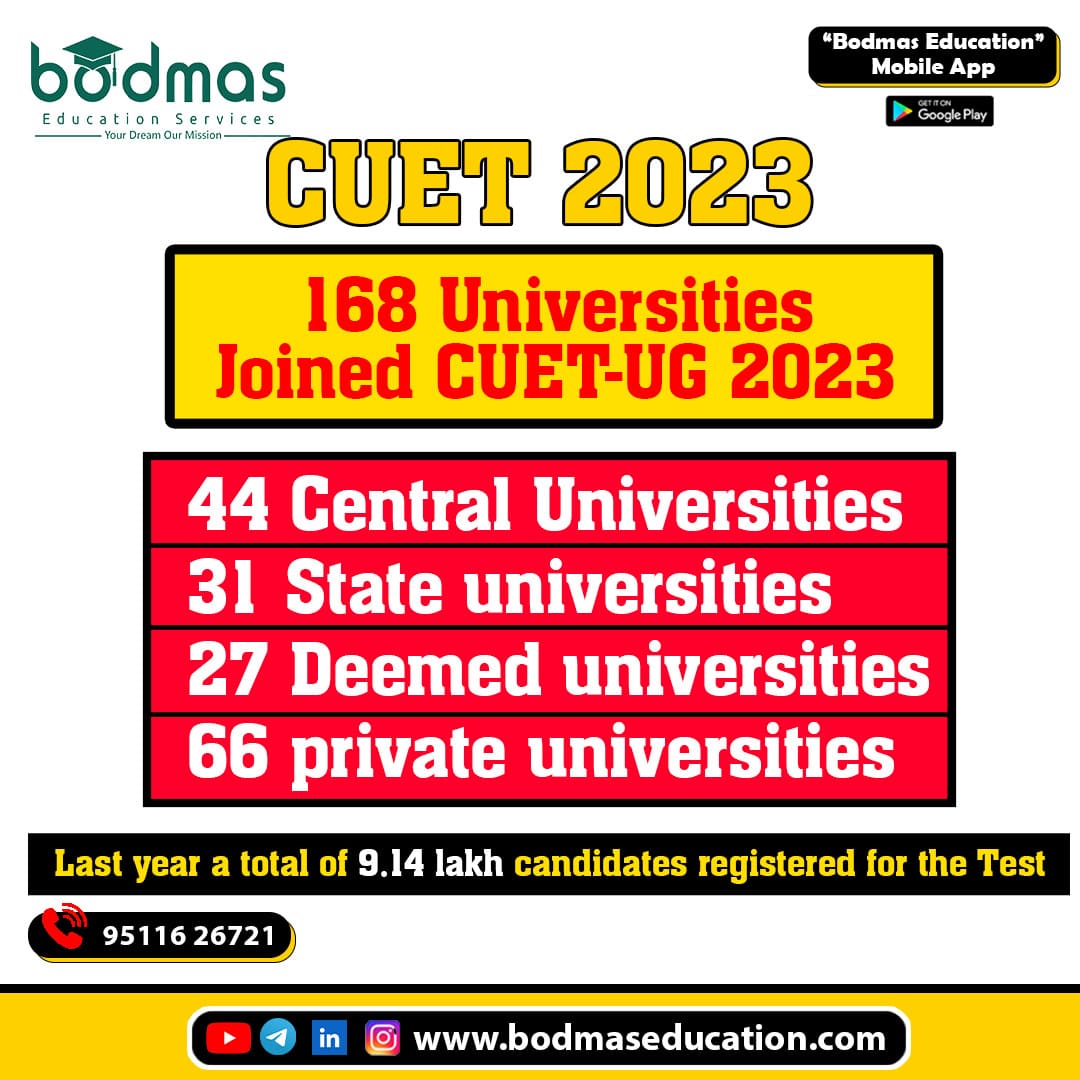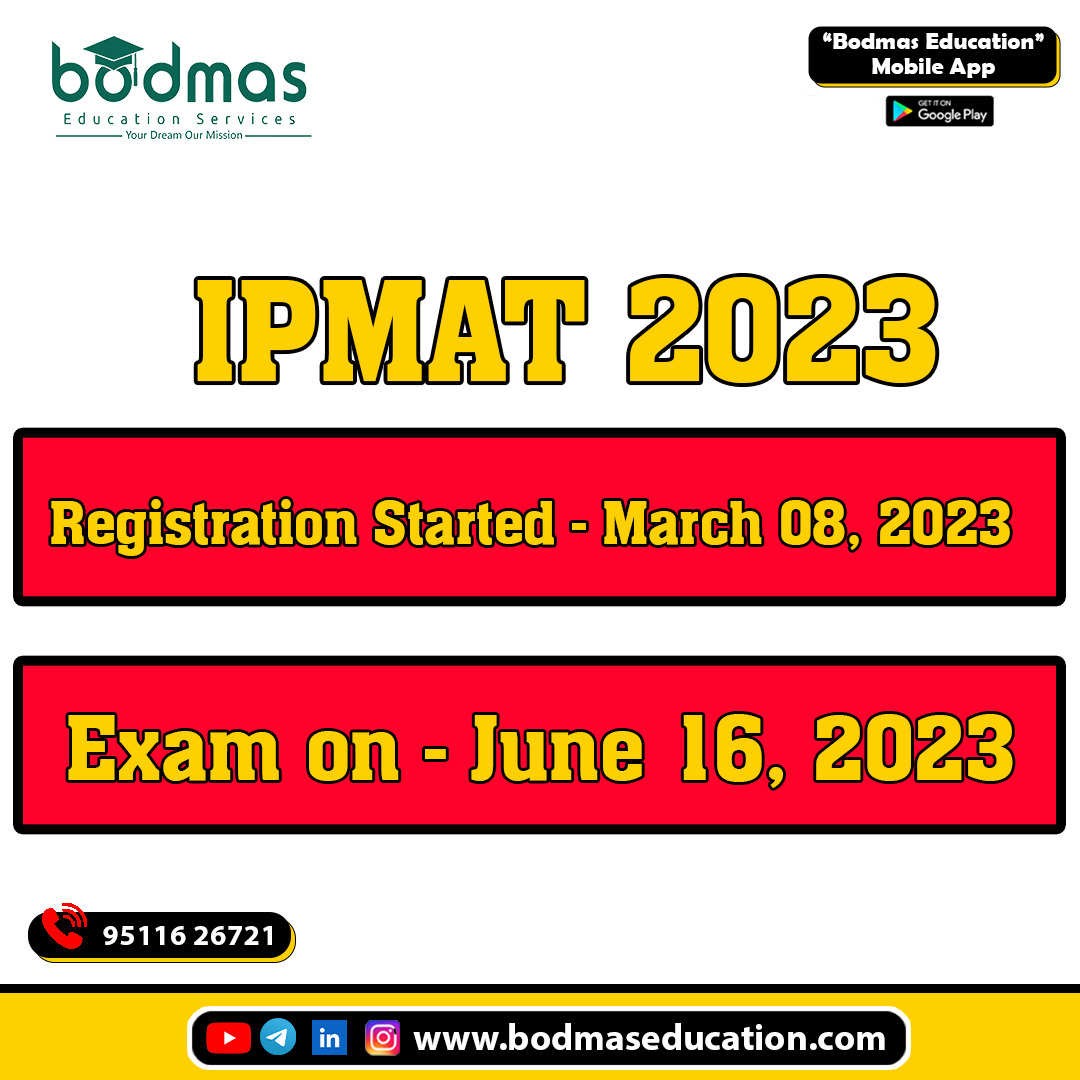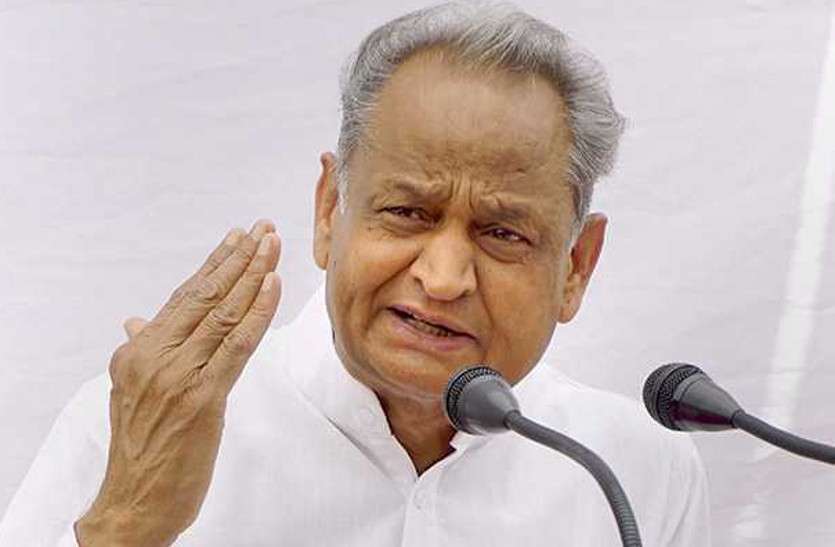Parents may soon have to pay more for their children’s international studies. Tax collection at source (TCS) for international transfers made under the liberalised remittance scheme (LRS) was suggested to increase from 5% to 20% in the Union Budget 2023. This will apply to international travel, international investments, international money transfers, and other remittances—with the exception of those for health and education. Yet, there are numerous costs that parents must pay for the upkeep of their children who reside abroad that would not qualify as an education expense for tax purposes and may therefore result in a larger TCS.
Remittances made using student loans for international education
Currently, under LRS, remittances made for international schooling through a loan paid abroad are subject to a TCS of 0.5% for amounts sent beyond Rs 7 lakh. Future events won’t alter this either. If an education loan is not the source of funding, money sent abroad even for educational purposes is liable to TCS at a rate of 5% if it exceeds Rs 7 lakh.
20% TCS on financing additional costs for studying abroad
Currently, a TCS of 5% is applied to remittances for studying abroad that exceed Rs 7 lakh (other expenses not covered by a student loan). On transfers worth less than Rs 7 lakh, there is no TCS. Budget 2023 eliminated the Rs. 7 lakh ceiling for all expenses other than higher learning and health care, according to Maneet Pal Singh, Partner at Delhi-based chartered accounting firm I.P. Pasricha & Co.
According to the current plan, any remittances made to help students who are studying abroad with living expenses that are not directly related to their education will now be subject to a 20% TCS if the parents cannot prove that the funds were sent for educational purposes.
For reduced TCS at 5%, parents must submit documentation of their children’s educational costs.
Parents frequently send money to their children who are studying or working overseas to cover living costs and other luxuries. Whenever the sum surpasses Rs 7 lakh, a TCS of 5% would be applied unless they can show that the money is being delivered for educational purposes.
It is simple to demonstrate the funds moved for dorm bills or tuition costs. “If your child remains in the university’s residence hall, you can prove that it is for academic reasons. Afterward, a TCS of 5% will be applied if the remittances are greater than Rs 7 lakh “according to Tax Link Advisory’s Vivek Jalan. Nevertheless, Jalan warned, it might be difficult for people who live in apartments, shared homes, or rented housing to prove their connection to education.
One must visit the bank, complete Form A-2, state the reason for the remittance, and sign the declaration form in order to send money abroad via LRS. The bank then debits the account and sends the money overseas. According to Jalan, if a parent cannot prove that the money is going towards their child’s abroad education, it would be transferred for “other purposes” and a high TCS of 20% will be charged.
According to Rajiv Chugh, Leader – Policy Advice & Specialty Services, EY India, transactions between two bank accounts, made through debit and forex cards, also fall under the LRS programme. But, according to experts, we need further clarification on how TCS will apply to money sent outside using currency cards.
TCS raise to temporarily increase cash flow burden
On July 1st, 2023, this proposition will go into effect. “TCS is not a tax in and of itself, and the person who has paid the amount of TCS on any transaction is available to adjust against her tax liability for the financial year,” stated Sanjeev Sachdeva, Partner, Luthra and Luthra Law Offices India.
Let’s say a taxpayer remitted Rs 10,000 in total. A TCS of Rs 2,000 will be applied on the sum at a 20% rate. If he owes Rs 5,000 in taxes on his entire income, he just has to pay Rs 3,000 because the remaining Rs 2000 will be deducted from his TCS amount. So, while filing an income tax return, a taxpayer may offset the amount deducted as TCS against other tax liabilities.
“Even if the amount of TCS will be available for adjustment against the tax due, the rise in the rate of TCS from 5% to 20% will greatly raise the burden on any person remitting funds under the LRS programme,” Sachdeva continued.
The increase in TCS from 5% to 20% will significantly increase the burden on anyone sending money under the LRS programme, Sachdeva stated. “Even though the amount of TCS will be available for adjustment against the tax owing.
Although taxpayers would be able to deduct or receive a refund of this money when filing their ITR, Maneet Pal Singh warned that this decision will have an adverse effect on cash flow and may discourage people from using the LRS. To assist prevent high TCS before the new law takes effect on July 1, 2023, parents can transfer some money in advance, according to experts.




















